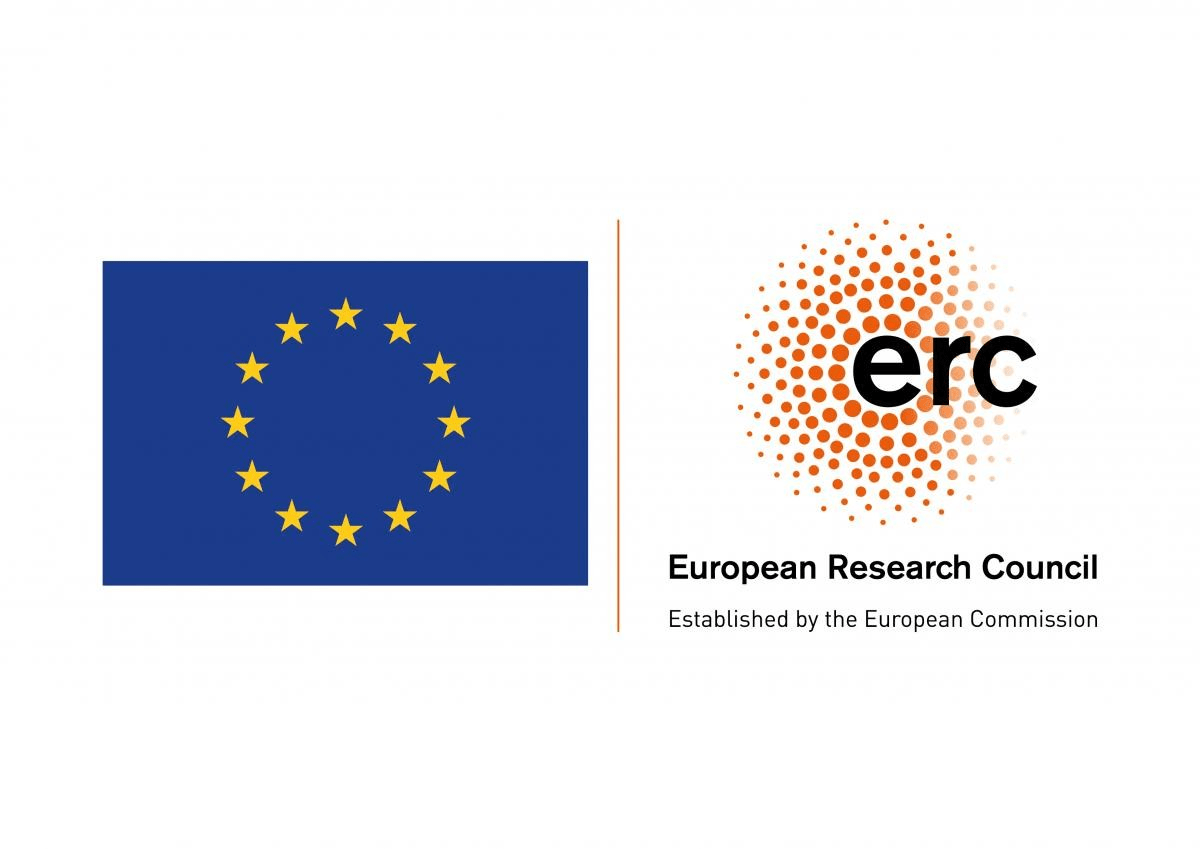Strategic Climate Litigation’s Direct and Indirect Consequences for Democracies.
Sharply increasing strategic climate litigation (SCL) is a legal and social fact that has the potential to influence the democratic process. The climate emergency itself is an exceptional test of the capacities of our democracies. The consequences of SCL, however, are nuanced and complex.
Our project ‘Climate Litigation‘ is motivated by the hypothesis that SCL because of its factual and legal particularities has not only direct but also indirect consequences for the democratic process. These indirect consequences cannot be seen through the (separation of powers) lens of legal research. Non-legal research, by contrast, cannot account for the legal particularities and jurisdictional contingencies of SCL. These respective blind spots neglect important structural indirect consequences. This seriously distorts our understanding of SCL’s democratic implications.
We aim to develop the missing theoretical framework that exposes the relations between the particularities of SCL and consequences for the democratic process, by examining the (a) opening and failing of pathways of influence, representation and participation, including through interactions between the actors; (b) use of (non-binding) international and EU norms, (c) science and technology, and (d) legal narratives. It is based on deep contextual analyses of all SCL cases in four national and two regional European jurisdictions (DE, FR, NL, UK, EU, and ECHR).
Drawing on multiple methods, including doctrinal legal analysis, interviews, and participant observations, we take a true law in context approach. Beyond the law, it exposes (public and media) perceptions, other indirect effects, such as (transnational) cooperation between litigants, and direct symbolic effects, such as understanding an issue as a human rights violation. Climate Litigation conceptualizes SCL as complex multi-actor interactions, paying particular attention to the jurisdictional and procedural particularities.

Funded by the European Union
Views and opinions expressed are however those of the author(s) only and do not necessarily reflect those of the European Union or the European Research Council Executive Agency. Neither the European Union nor the granting authority can be held responsible for them.


